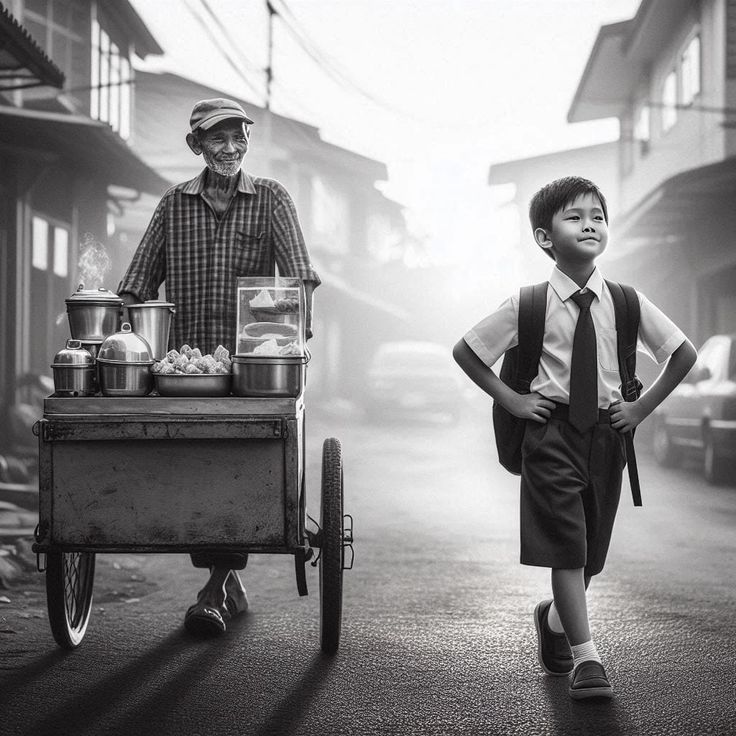
In Indonesian culture, language plays an essential role in conveying respect, tradition, and familial values. One such term that holds both personal and social significance is “Bapakmu”. Derived from the Indonesian language, “Bapakmu” translates to “your father” in English, with “Bapak” meaning father and “mu” being a possessive suffix that indicates ownership or relationship. While the term is straightforward in translation, its use extends beyond a simple reference to a male parent—it carries a deeper meaning, evoking respect, honor, and sometimes even a sense of authority.
In this article, we will explore the cultural relevance of the term “Bapakmu”, its implications in social contexts, and how it reflects the values of Indonesian society, especially in terms of family, respect, and hierarchical relationships.
The Cultural Importance of the Term “Bapakmu”
In Indonesian, the word “Bapak” is a formal term for “father” or “sir” and is used to address older male figures with respect. While “Bapak” typically refers to a father, it can also be used as a title for men in positions of authority, such as a teacher, leader, or elder. It carries a weight of honor and reverence, as it is not only a familial term but also a societal one. This cultural significance makes the term “Bapakmu” more than just a reference to someone’s father; it symbolizes respect for the person’s father and, by extension, the family and community they belong to.
In Indonesia, family is seen as the cornerstone of social structure. The concept of respect for one’s elders, particularly one’s father, is deeply embedded in traditional values. By referring to someone’s father as “Bapakmu”, there is an implicit recognition of this authority and respect. It acknowledges the father’s role not only as a parent but also as a figure of guidance, wisdom, and leadership within the family unit.
Fathers in Indonesia are traditionally seen as the head of the family, responsible for providing for and protecting their household. While this role has evolved over time, especially in urban and modern contexts, the father figure continues to hold significant cultural importance. The term “Bapakmu” encapsulates this idea, as it emphasizes the father’s authoritative position within the family structure.
The relationship between a child and their “Bapak” often extends beyond mere biological ties. In many cases, “Bapak” is a figure of discipline and guidance, someone who shapes the moral and social values of the child. In some Indonesian communities, children are taught to address not just their own fathers but older male figures in their lives using the word “Bapak” as a sign of respect. This reinforces the idea of the father as a symbol of authority and societal structure.
the traditional values that shape family and social dynamics in Indonesia.
allaboutimage.org
Bapakmu? Sounds so deep, but honestly, I just remembered all those jokes with ‘your dad’ vibes!
slotmaxwinterpercaya.com
The term ‘Bapakmu’ really highlights the deep respect and value placed on fathers and elders in Indonesian culture! slikezadesktop.com
Wow, it’s amazing how a simple word like ‘Bapakmu’ carries so much cultural depth and respect in Indonesian traditions! bourls.com